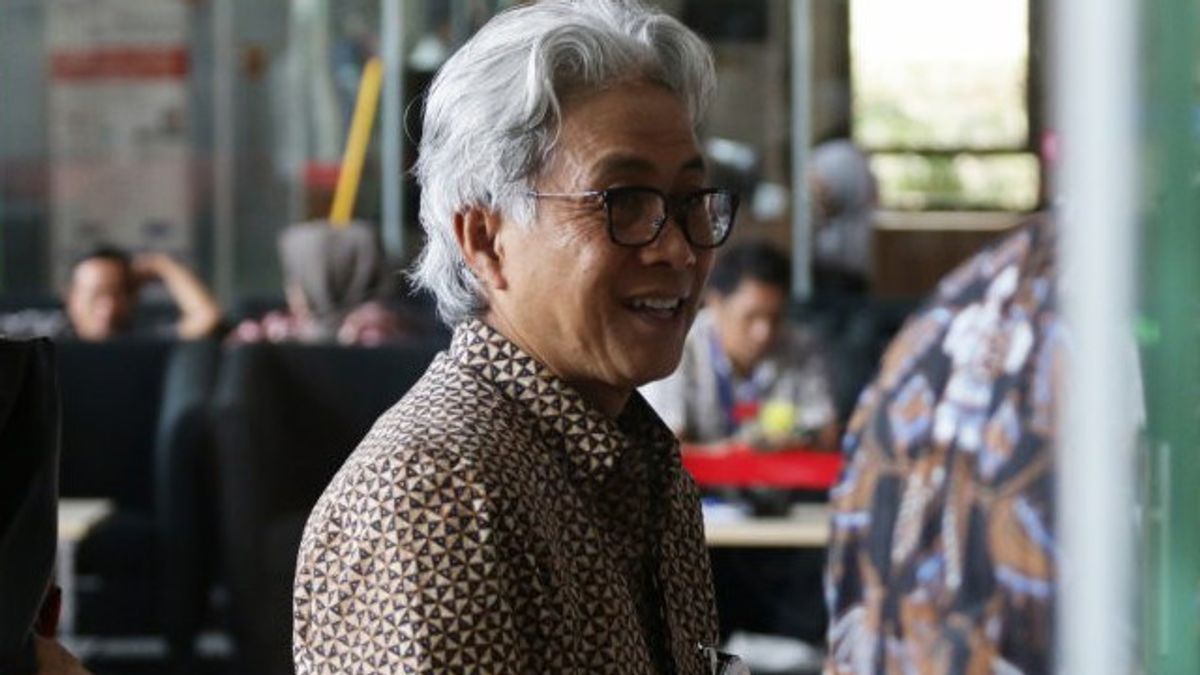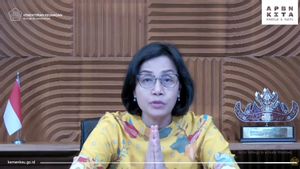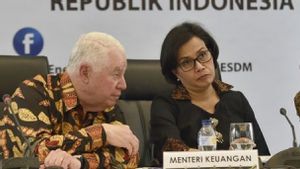JAKARTA - Head of the Oil and Gas Special Task Force (SKK) Migas Dwi Soetjipto said that carbon storage (CCS/CCUS) is a technology that is able to answer global economic challenges.
He said that in the midst of a geopolitical crisis that disrupts energy supply, the upstream oil and gas sector needs to take a role to increase productivity and also reduce emissions at the same time.
"Because CCS/CCUS is not only net zero emissions, but in the future it will become a new business," said Dwi after filling out the CCS Forum 2023 discussion in Jakarta, quoted from Antara, Tuesday, September 12.
Dwi said that the government was preparing regulations related to the CCS/CCUS project to clarify the legal aspects in the investment process in the sector.
However, he has not explained the amount of economic potential obtained from these projects. According to him, the calculation is still being analyzed along with the regulatory design process.
In addition to economic potential, according to him, the regulation in the future will discuss technical issues related to social issues at the CCS/CCUS project site.
اقرأ أيضا:
"If it leaks, it's the same as bringing waste, therefore there is also social costs," he said.
Based on a study by SKK Migas, Indonesia was able to store 12.2 billion tons of CO2. According to him, a number of state-owned and foreign companies in Indonesia have practiced CCS/CCUS to reduce emissions.
The CCS/CCUS is a technology for the capture and storage of carbon as a solution to deal with global climate change due to greenhouse gas emissions.
The English, Chinese, Japanese, Arabic, and French versions are automatically generated by the AI. So there may still be inaccuracies in translating, please always see Indonesian as our main language. (system supported by DigitalSiber.id)
















